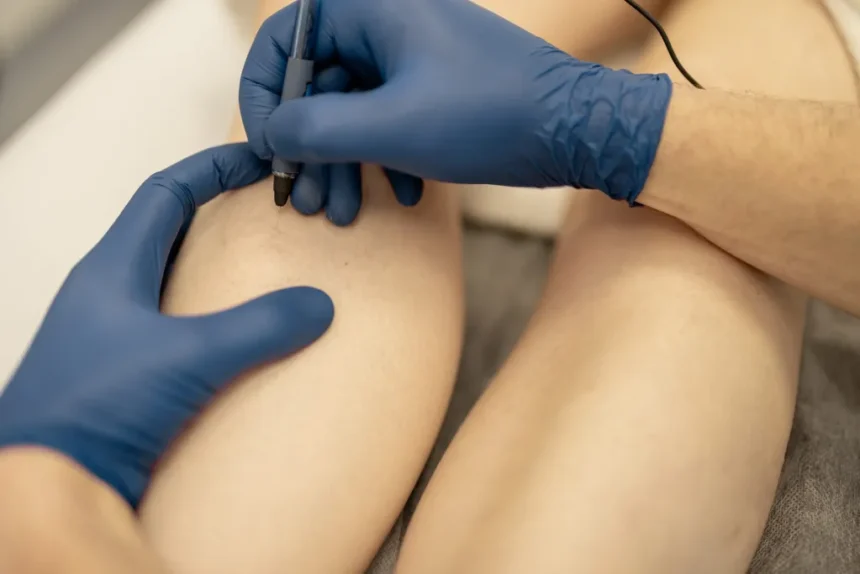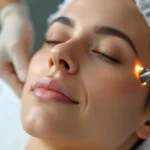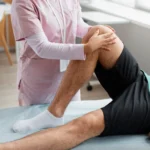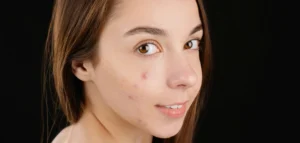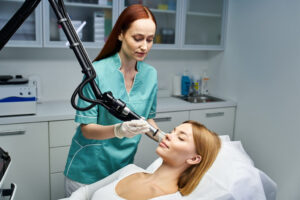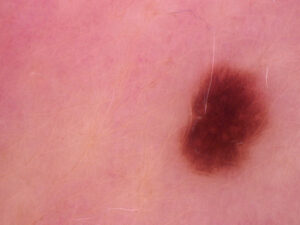Finding the right care for your vascular health is a key decision. When you’re searching for treatment for varicose veins or other venous conditions, you want to make the right choice of clinic. This guide provides practical steps to help you identify a quality vein clinic that meets your medical needs and personal comfort. Knowing what to look for can make the process less overwhelming and help you take control of your health journey.
Vein Conditions
Specialists at a vein clinic are trained to treat various medical issues affecting the veins, especially in the legs. These conditions occur when veins become damaged or weakened. This leads to poor blood flow and symptoms like discomfort or swelling. Common issues treated at a vein clinic include varicose veins, spider veins, and deep vein thrombosis. If left untreated, these conditions can cause complications.
Treatment for vein conditions often depends on the severity of the issue. Options range from lifestyle changes, such as exercise and compression stockings, to medical procedures, including sclerotherapy and laser treatments. Early diagnosis and intervention can help prevent the progression of these conditions, improving overall quality of life. Consulting with a healthcare professional is key to determining the best course of action for managing vein health.
Treatment Options
Vein conditions can vary significantly from person to person. A quality clinic should offer a wide range of modern treatment options. This allows your treatment plan to be tailored specifically to your condition. It avoids the limitations of a one-size-fits-all approach. Look for a clinic that provides several minimally invasive procedures, such as:
- Sclerotherapy: A standard treatment for spider veins and small varicose veins. A solution is injected into the vein, causing it to close and fade.
- Endovenous Laser Ablation (EVLA): This procedure uses laser heat to close larger varicose veins from the inside.
- Radiofrequency Ablation (RFA): Similar to EVLA, it uses radiofrequency energy to heat and close the affected vein.
- VenaSeal™: A medical adhesive is used to close the vein. This provides an alternative approach to vein closure.
Clinics offering multiple treatment options can better recommend the most suitable procedure for your specific needs. During your consultation, the physician should explain why a particular treatment is best for you.
Diagnostic Process
A thorough diagnosis is the cornerstone of an effective treatment plan for venous issues. Quality vein clinics prioritize advanced diagnostic tools to assess your condition before suggesting any procedures. The most reliable diagnostic tool for venous insufficiency is a duplex ultrasound, which provides detailed insights into vein health and blood flow.
When assessing a clinic’s diagnostic approach, they should offer a comprehensive evaluation. This should include an in-depth review of your medical history and a physical examination of your legs to identify potential issues. The use of a duplex ultrasound is key for visualizing veins, assessing blood flow direction, and detecting reflux caused by malfunctioning valves.
Look for clinics that employ Registered Vascular Technologists (RVTs) with specialized training in vascular sonography. A clinic that invests in precise diagnostic processes shows a strong commitment to delivering effective and tailored care.
Visit a Vein Clinic Today
Selecting a vein clinic is a key step in maintaining your vascular health. Focus on physician credentials, the range of available treatments, and the thoroughness of the diagnostic process. These factors will help you make an informed choice. A good clinic will provide excellent medical care.


